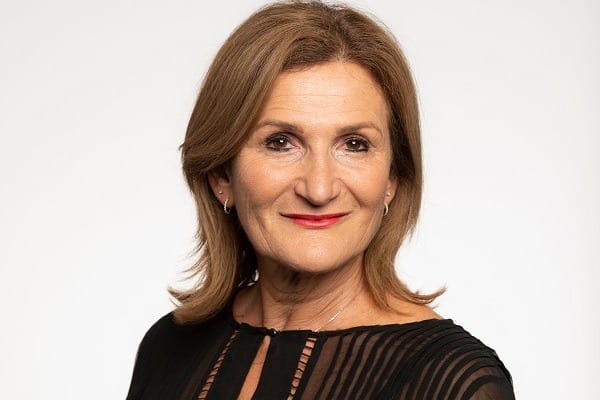In the past fortnight, we’ve witnessed some positive actions for refugees both in Australia and around the world. There is, of course, so much work to be done. But could this be the start of a more progressive approach towards some of the world’s most vulnerable people? Violet Roumeliotis AM shares her view.
One of the impacts of COVID-19 has been an escalation in civil wars in many parts of the world. As the pandemic rolled on, food supplies and law and order were disrupted, and even more people were displaced.
At the same time, the pandemic has seen borders close around the world, resulting in the lowest refugee settlement numbers in two decades.
No new humanitarian visa holders have been admitted to our country in almost 12 months.
In its October 2020 budget, the Morrison Government reduced the cap for Australia’s humanitarian intake from 18,750 places a year to 13,750.
But this dismal outlook for refugees looks set to turn around in 2021 with news that New Zealand is to begin receiving refugees again and US President Joe Biden pledging to increase his country’s annual refugee intake more than eightfold. The US annual intake, which was whittled down to 15,000 during the Trump presidency, will now lift to a cap of 125,000 people, starting October 1, 2021.
Some in Australia are hoping Biden’s forward thinking, restoring “America’s historic role in protecting the vulnerable”, will influence Australia’s approach to refugees and people seeking asylum.
The US President has said, “Securing our borders does not require us to ignore the humanity of those who seek to cross them.”
How good would it be if the UN could praise our Prime Minister, as it has praised Biden, for his commitment to restoring the US refugee resettlement program and ensuring that human rights and humanitarian values are at the centre of the US asylum system?
Is it foolish to imagine we can join the US in seeking to provide assistance, protection and sustainable solutions to the displacement of record numbers of people who have been forced to flee their homes as a result of conflict, violence or disaster?
Already, Australia is among the 51 to 57 per cent of countries that plan to extend the COVID-19 vaccination to refugees and people seeking asylum. This progressive, humanitarian approach is not only fundamental to maintaining this vulnerable cohort’s human rights but is also key to ending the pandemic for all.
In another positive development, our government has released dozens of people seeking asylum from hotel detention in January after more than a year of confinement and strong community campaigning on their behalf.
If 2020 was the year that coronavirus devastated the world economy and halted refugee settlement, then 2021 is shaping up to be the year in which rebuilding begins.
Part of this rebuilding work should include Australia joining with international peers like the US and New Zealand to rapidly return our refugee intake to its pre-COVID level, as soon as health and travel considerations allow.
Australia has a long and robust history of refugee settlement and is well regarded for its capacity to effectively settle and support displaced peoples.
Since the establishment of our first Department of Immigration in 1945, Australia has honed a sophisticated settlement infrastructure and expertise that can be activated immediately in response to increased needs.
Resuming our refugee intake would be welcomed by the Australian community, which, according to the Scanlon Foundation’s recent report on social cohesion, continues to believe refugees and migrants are part of the fabric of our nation.
It would be welcome on humanitarian grounds. Our affluent, highly developed nation has the opportunity to protect the vulnerable and resume its place as a progressive leader in the international community.
And it would be welcome on economic grounds because research has shown humanitarian entrants prove remarkably industrious, have a strong entrepreneurial drive and bring a slew of favourable traits to the labour market – precisely what the country needs right now.
With 2021 off to such a positive start, Australia must cement its position as a responsible global citizen by resuming refugee settlement and reversing cuts to our humanitarian intake.


